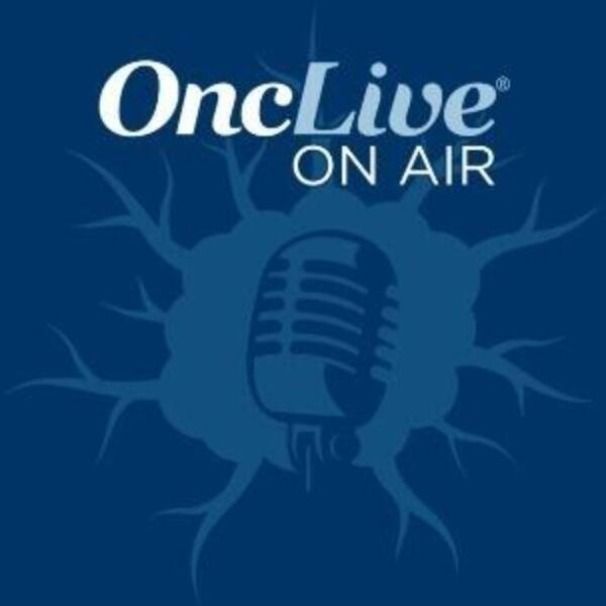Commentary
Video
Dr Kopetz on Adagrasib Plus Cetuximab in KRAS G12C+ mCRC
Author(s):
Scott Kopetz, MD, PhD, FACP, discusses the clinical efficacy and safety of adagrasib plus cetuximab in patients with KRAS G12C-mutated mCRC.
Scott Kopetz, MD, PhD, FACP, professor, gastrointestinal medical oncology, associate vice president, Translational Integration, The University of Texas MD Anderson Cancer Center, discusses the clinical efficacy and safety of adagrasib (Krazati) in combination with cetuximab (Erbitux) in patients with locally advanced or metastatic colorectal cancer (mCRC) harboring KRAS G12C mutations.
Pooled data from the phase 1/2 KRYSTAL-1 trial (NCT03785249) presented at the 2024 AACR Annual Meeting shoed that the combination elicited an objective response rate (ORR) of 34.0% per blinded independent central review, and the disease control rate was 85.1%. Additionally, the median duration of response was 5.8 months.
The pooled data included previously reported findings from patients treated in a phase 1 of the study, as well as additional data for those enrolled in phase 2, Kopetz says. Notably, patients with KRAS G12C–mutated mCRC included in phase 2 were required to have prior treatment with fluoropyrimidine, irinotecan, oxaliplatin, and a VEGF/VEGFR inhibitor, Kopetz notes. During phase 1, patients received 600 mg of adagrasib twice daily plus cetuximab at 400 mg/m2, followed by 250 mg/m2 weekly or 500 mg/m2 every 2 weeks. In phase 2, patients were administered adagrasib at 600 mg twice daily plus cetuximab at 500 mg/m2 every 2 weeks. ORR and safety were the primary objectives of the study, Kopetz says.
Regarding safety, the data were consistent with previously reported data for the 2 agents, Kopetz continues. The most common adverse effects (AEs) included nausea, vomiting, diarrhea, and fatigue, which all occurred at low rates, according to Kopetz. Dose reductions of adagrasib only due to treatment-related AEs (TRAEs) were reported in 29.8% of patients, and TRAEs led to dose reductions of cetuximab for 6.4% of patients. Adagrasib- and cetuximab-related dose interruptions were required in 36.2% and 35.1% of patients, respectively. Although 8.5% of patients discontinued cetuximab due to TRAEs, no patients discontinued adagrasib.
The combination is being further investigated as a second-line treatment for patients with KRAS G12C–mutated mCRC in the phase 3 KRYSTAL-10 trial (NCT04793958).









